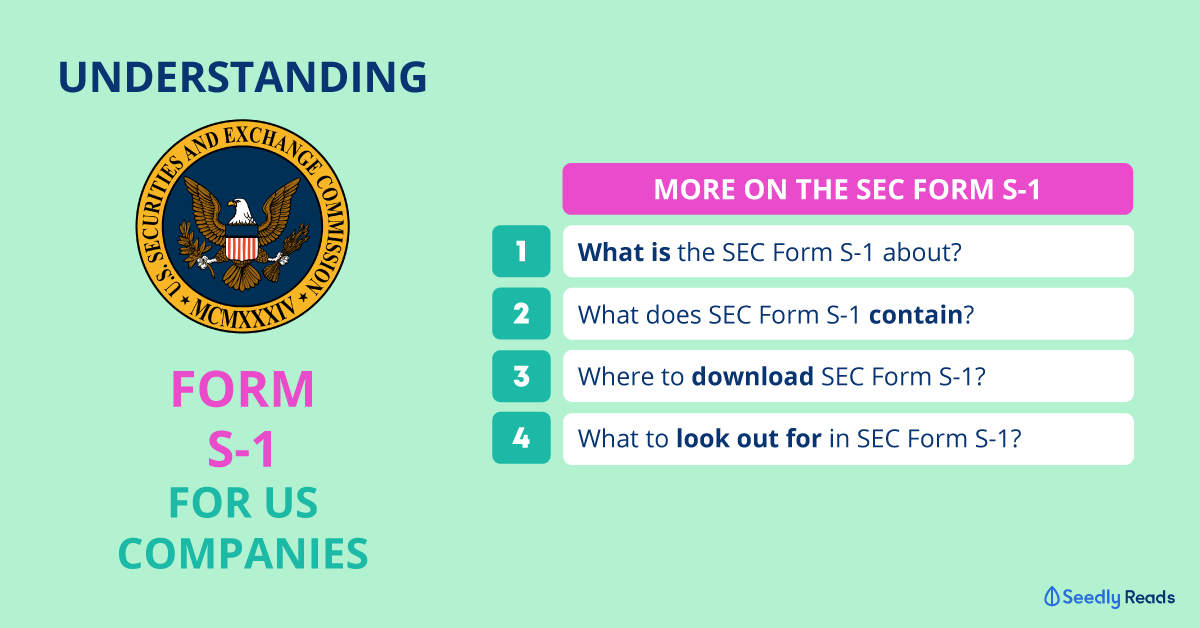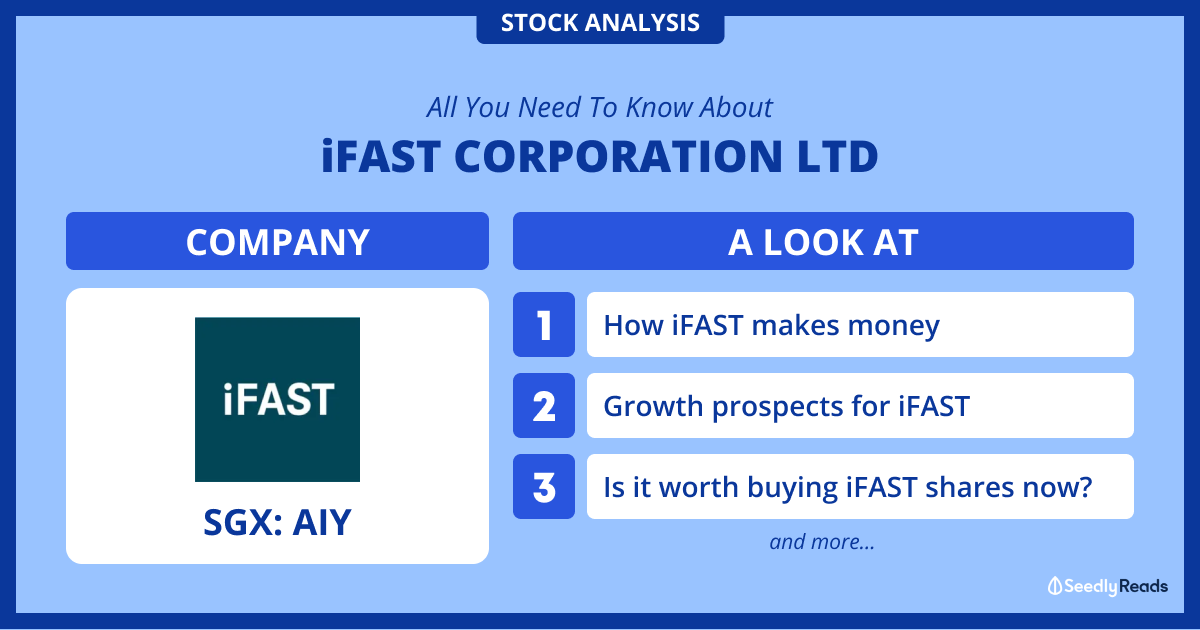Advertisement
Anonymous
Why do companies want to ipo? isnt it bad if they share their company with outside people and shouldnt they just keep the company to themselves?
2
Discussion (2)
Learn how to style your text
Reply
Save
There are many reasons. I'll just list a few:
1) Immediate funds raised, for working capital or expansion plans.
2) Ease of doing business. As being a listed company allows to 'bypass' alot due diligence. eg faster bank loans (banks need less checks to fulfil anti money laudering requirements). Being a listed companys gives instant credibility, eg better compete for business against private company for new business.
3) Lowers future borrowing cost (bond issue or bank loans). As above, Being public company, means more(detailed) of company's financial statement will need to be released. Also allows easier for ratings company to give a credit rating. etc. Banks will likely lend more at a comparative lower cost
4) Exit plans for investors. There are many investors prior to IPO, and IPO provides a way for them to exit (cash out). There are usually many angel investors and private equity, or even state investment funds (think Temasek holdings). They would want to cash out or at least have a market valuation to their investments. Alot Venture capitals (usually structured as a partnership) have a set timeframe with entry and exit plans, so they will use IPO as a means to exit their shares. etc etc
5) Stocks options (for employees). Many companies might have issued stock options to their employee as reward. This allows employees to realise their gain (if any) when the shares goes public. Post IPO, company can also stock options as reward to employees (typically senior management esp like CEO).
6) Attract better talents. As mentioned that listed company has that instant credibility. It will also make attracting talents much better over a private company.
The plus will usually outweigh the cost involved (compliance cost, listing cost, lost of control). If it doesn't, it will likely be taken private (delisted), think SMRT.
Reply
Save
Write your thoughts
Related Articles
Related Posts
Related Posts
Advertisement








I wouldn't call it 'bad' to 'share the company with outside people'. There are advantages to listing, especially on a major stock exchange. Below are some of them:
First and foremost, an initial public offering (read: IPO) allows liquidity for early investors and shareholders of the company.
While it is true that founders usually see the benefits to maintaining private ownership (and not be privy to public scrutiny as compared to private companies) - they would still need to consider what the private shareholders want.
Secondly, share issuance is a means to raise capital quickly for the company.
As you can see with the recent IPOs, the amount raised is sizeable. Not only does the company amass funds, it also gains publicity which would be important for the business as well.
Prestige attached to listing on a major stock exchange
You probably might have seen those photos where a company lists on a major stock exchange and the smiling exec team is there to cut the ribbon/ring the bell etc. There is still the vanity value to listing on a major stock exchange.
CEOs, too, are mortal. If a company is meant to last and be in a leading position for decades, it probably is not the best decision for founders to 'keep the company for themselves.'